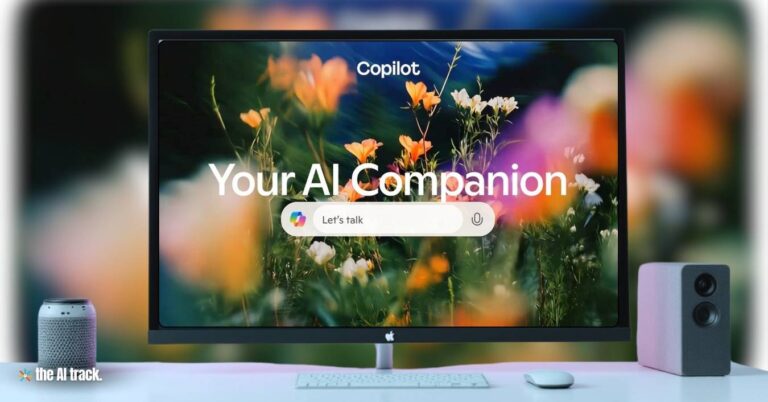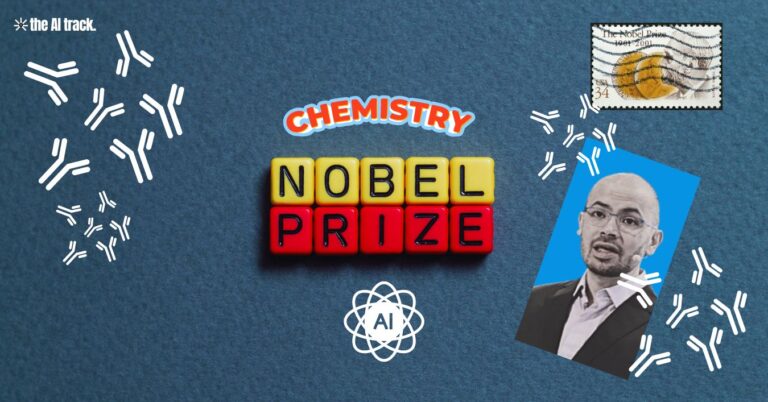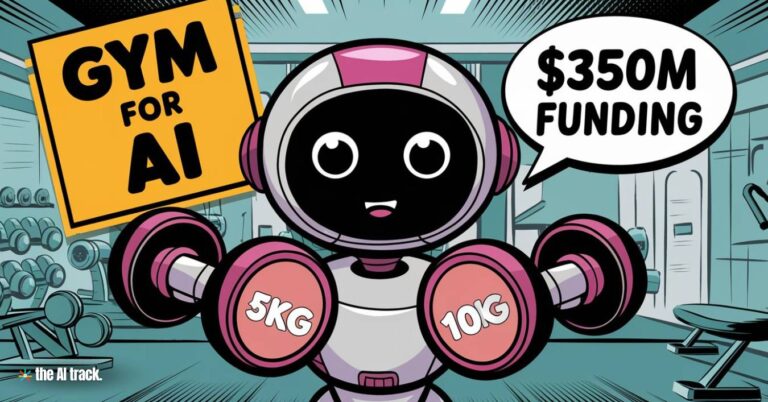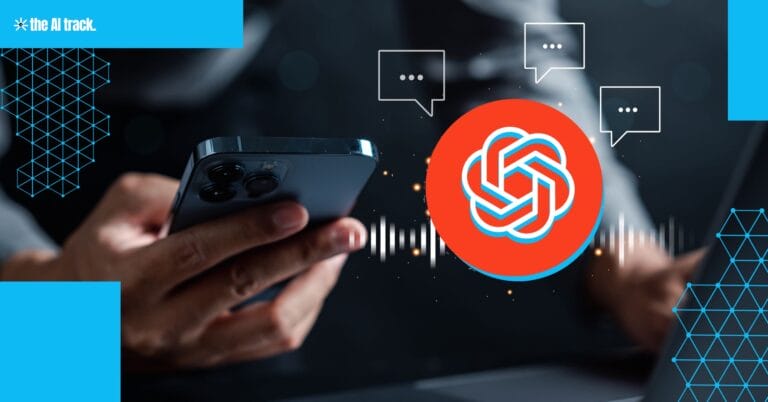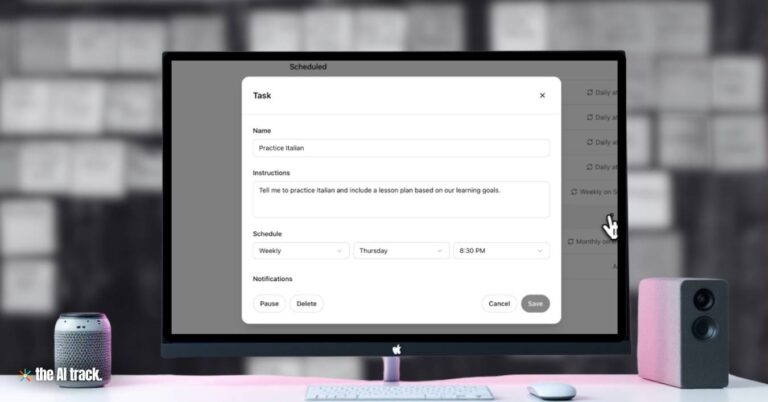Google introduced Gemini 2.0, its most advanced AI model, marking a pivotal step into the “agentic era” of AI.
By integrating advanced multimodal functionalities and agentic behaviors, it aims to transition AI from passive tools to proactive, context-aware companions capable of executing complex tasks, adapting to user needs, and providing personalized insights.
The announcement boosted Alphabet’s stock to an all-time high
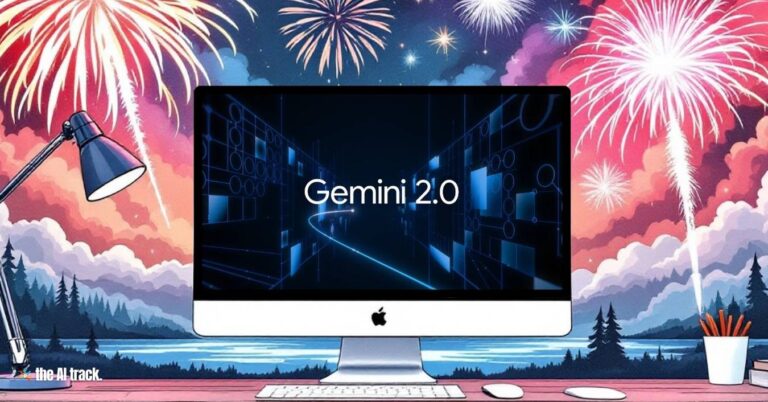
Google’s LLM Gemini 2.0 – Key Points
Gemini 2.0: A Major Leap in AI Capabilities
What is Gemini 2.0?
Gemini 2.0 is Google’s latest large language model (LLM), advancing multimodal AI capabilities to interact with text, images, audio, and real-world environments and execute tasks autonomously with human-like reasoning and decision-making.
Enhanced Features:
- Multimodal Capabilities: It has been trained to execute actions on computers, navigate the web, and interact with the physical world via tools like cameras and sensors.
- Agentic Functionality: Thinks multiple steps ahead, making it capable of planning, reasoning, and executing tasks under supervision.
Integration with Google Ecosystem:
Gemini 2’s capabilities will be embedded into Google products like Search, powering features like AI Overviews, Lens, and Maps, enabling seamless cross-platform functionality.
Applications in Coding and Data Science
- Google introduced specialized Gemini 2-powered agents for developers and analysts:
- Coding Agent: Goes beyond autocompleting code, capable of managing repositories, debugging, and executing complex scripts.
- Data Science Agent: Analyzes datasets, generates visualizations, and combines data sources for enhanced insights.
- Google introduced specialized Gemini 2-powered agents for developers and analysts:
Implications for Personal Computing
Personalization:
Gemini 2’s memory allows it to learn user preferences, making it the ultimate recommendation system.
- Example: Connecting book preferences to food recommendations or travel planning.
- Users retain control over data with options to delete stored memories.
Efficiency and Automation:
Gemini 2 promises to automate tasks like booking flights, organizing meetings, and document analysis.
- However, errors remain a challenge, as they could lead to significant costs or disruptions.
Release, Accessibility, Applications:
- Gemini 2 models are currently available as prototypes.
- Gemini 2 models are powering features like AI Overviews in Search and assisting with decision-making across platforms.
- More advanced versions, including Astra and Mariner, are expected to roll out in 2024 and 2025.
- Lens and Maps: Combined with Project Astra, these tools provide real-time contextual insights based on visual and geographic data.
Sundar Pichai’s Vision:
According to Pichai, Gemini 2.0 marks the start of a “new agentic era,” where virtual assistants can perform tasks with greater autonomy.
The Agentic Era: AI as an Active Partner
What is the “Agentic Era”?
The agentic era refers to AI systems capable of autonomous, goal-directed behavior. These systems aim to go beyond static responses to actively assist users in tasks like booking flights, managing workflows, or navigating digital environments.
Google’s agentic AI ensures human oversight to mitigate risks of errors or unintended actions, maintaining trust and safety.
Agentic Features:
- Planning and Execution: Can think multiple steps ahead and act on user instructions with supervision.
- Improved Benchmarks: Outperforms competitors in coding, data science, and general intelligence tasks.
- Humanlike Interaction: Converses fluidly, adapts to interruptions, and integrates memory to retain user preferences.
Applications for Businesses and Consumers:
- Enterprise: Companies are adopting AI agents to streamline operations, analyze data, and optimize workflows.
- Consumer Use: Personal assistants powered by Gemini 2.0 can handle daily tasks, provide contextual recommendations, and interact across multiple platforms.
The Future of AI Agents:
Gemini 2.0’s launch signals a transformative shift in AI from tools to active collaborators. Its capabilities have the potential to redefine how individuals and enterprises interact with technology.
Challenges and Risks:
- Competition: OpenAI, Anthropic, and startups are developing similar capabilities, threatening Google’s market dominance.
- AI agents face hurdles such as data limitations and potential errors in task execution.
- User Trust: Ensuring ethical use, privacy protection, and accurate decision-making will be critical for consumer confidence.
- Ethical considerations, including prompt injection attacks and privacy concerns, remain key areas of focus.
Projects Demonstrating Gemini 2’s Potential
Project Astra:
Astra showcases Gemini 2’s ability to interact with physical environments:
- Identifies objects, such as wine bottles, providing detailed geographical and taste profiles.
- Utilizes Google Lens and Maps for augmented recommendations tailored to user preferences.
- Processes live visual data, like books or art, to offer translations, summaries, and contextual insights.
Prototype Eyeglasses:
Astra will be tested on AR glasses, marking Google’s return to wearable tech since the discontinuation of Google Glass.
Project Mariner:
A Chrome browser extension that is Google DeepMind’s first AI agent designed to automate repetitive online tasks.
- Integration: Operates through a Chrome extension with a chat window for user interaction.
- Processing Workflow: Takes screenshots of the browser window, which are analyzed by the Gemini cloud platform. Gemini sends navigational instructions back to complete the task.
- Functions: Moves the cursor, clicks buttons, fills forms, and processes website content, mimicking human behavior.
- Capabilities: Finds flights, shops for groceries, manages household tasks, and retrieves information like recipes or travel options.
- Competes with similar features from Anthropic’s “computer use” automation tool.
- Potential Impact on the Web: Google aims to shift users away from directly interacting with websites, replacing traditional browsing with AI-driven automation.
- Challenges for Businesses: Retailers and publishers may see reduced user engagement, as Mariner minimizes the need for users to interact deeply with websites. While Mariner currently works on user devices (ensuring website traffic), future iterations may reduce reliance on traditional web interfaces altogether.
- Early Release: Limited to a small group of preselected testers as of December 2024.
- Early-stage testing highlights speed limitations but showcases potential for future efficiency.
Jules – The AI Coding Assistant
What is Jules?
An AI coding assistant built on Gemini 2.0, designed to automate bug fixes, optimize workflows, and prepare pull requests for GitHub users.
Core Features:
- Autonomous Bug Fixes: Automatically identifies, repairs, and implements fixes across multiple files.
- Workflow Integration: Seamlessly integrates with GitHub, preparing detailed pull requests that require human approval before merging.
- Cross-File Coordination: Tracks dependencies and applies changes consistently across codebases.
- Tackling Talent Shortages:
With the software industry facing a significant talent shortage, Jules helps bridge the gap by automating repetitive tasks, allowing developers to focus on higher-value activities. Gartner predicts that by 2028, 75% of application development will involve AI assistance.
The cost of poor code quality globally is estimated at $2.84 trillion annually. Jules offers a solution by automating error detection and correction.
AI Ecosystem Expansion: Google plans to extend Jules’ capabilities to its broader development ecosystem, includin Android Studio and Chrome DevTools, enhancing its utility across platforms.
Jules will initially be available to a select group of testers, with broader access planned for early 2025.
AI Overviews in Search:
Gemini 2.0 powers advanced AI-driven summaries and decision-making tools, answering more complex queries than previous iterations.
Gaming AI Agents:
- Google is testing AI agents in collaboration with game developers like Supercell.
- These agents help players navigate complex gaming environments and are part of Google’s broader vision of integrating AI into both virtual and physical worlds.
Competing in the AI Landscape
Intensifying AI Race:
The release of Gemini 2.0 comes amid fierce competition from OpenAI, Microsoft, and Anthropic. OpenAI’s ChatGPT set a benchmark for conversational AI two years ago, and Google’s Gemini series aims to surpass it with agentic and multimodal features. Competitors like Perplexity, valued at $9 billion, and Anthropic are also innovating in the space. Meta entered the augmented reality market with AR glasses, competing directly with Google’s new eyeglasses prototype.
Jules on the other hand, places Google in direct competition with tools like GitHub Copilot (Microsoft) and CodeWhisperer (Amazon). Its seamless GitHub integration positions it as a formidable contender in the $937 billion global developer tools market projected by 2027.
Strategic Differentiation:
- Google is focusing on enterprise adoption and integration of AI into its ecosystem, including Search, Maps, and Workspace.
- Advanced multimodal capabilities position Gemini 2.0 as a versatile tool for consumers and businesses alike.
- The integration of Gemini with Google’s ecosystem aims to offer unmatched versatility and utility.
- Ruth Porat, Alphabet’s President and Chief Investment Officer, emphasized that AI for Search is the company’s most significant investment.
Google’s Competitive Edge:
- Massive User Base: Google’s products like Search, Android, and YouTube boast over 2 billion monthly users each, offering an unparalleled platform for deploying AI innovations.
Challenges Ahead:
Despite its advancements, Gemini 2 faces hurdles:
- Training data limitations, which constrain model improvement.
- Scaling complex behaviors for mass-market adoption.
Financial Impact: Stock Surge
- Record High for Alphabet Stock:
- Alphabet’s stock (GOOGL) rose over 5% on Wednesday, reaching an all-time high of $194.53.
- This followed an 11% surge earlier in the week driven by advancements in Google’s quantum computing chip technology.
- The Relative Strength (RS) Rating of Alphabet’s stock climbed to 82, reflecting its strong performance in comparison to other stocks in the market.
Ethical and Safety Considerations
Responsible Development:
Google emphasizes addressing privacy and security concerns early. Key measures include:
- Prompt injection safeguards to prevent misuse of instructions.
- Restricting access to sensitive data like emails or bank information.
Unexpected Behaviors:
While Gemini 2 demonstrated situational awareness and adaptability, bringing AI into the physical world introduces unpredictable interactions that require ongoing observation and refinement.
Transparent Business Models:
Gemini 2’s recommendation features may create opportunities for advertisers, raising questions about potential biases and user trust.
Why This Matters
The launch of Gemini 2.0 underscores Google’s commitment to advancing AI technology and solidifies its leadership in the industry. The move to agentic models not only positions Google as a pioneer but also sets a new standard for AI’s role in daily life and enterprise applications. The accompanying stock surge reflects investor confidence in Google’s strategic vision, highlighting the broader economic impact of breakthroughs in artificial intelligence.
The Best FREE AI Tools, meticulously curated to enhance your daily activities. Every tool is tested by The AI Track team, ensuring we only present the best.
Read a comprehensive monthly roundup of the latest AI news!


